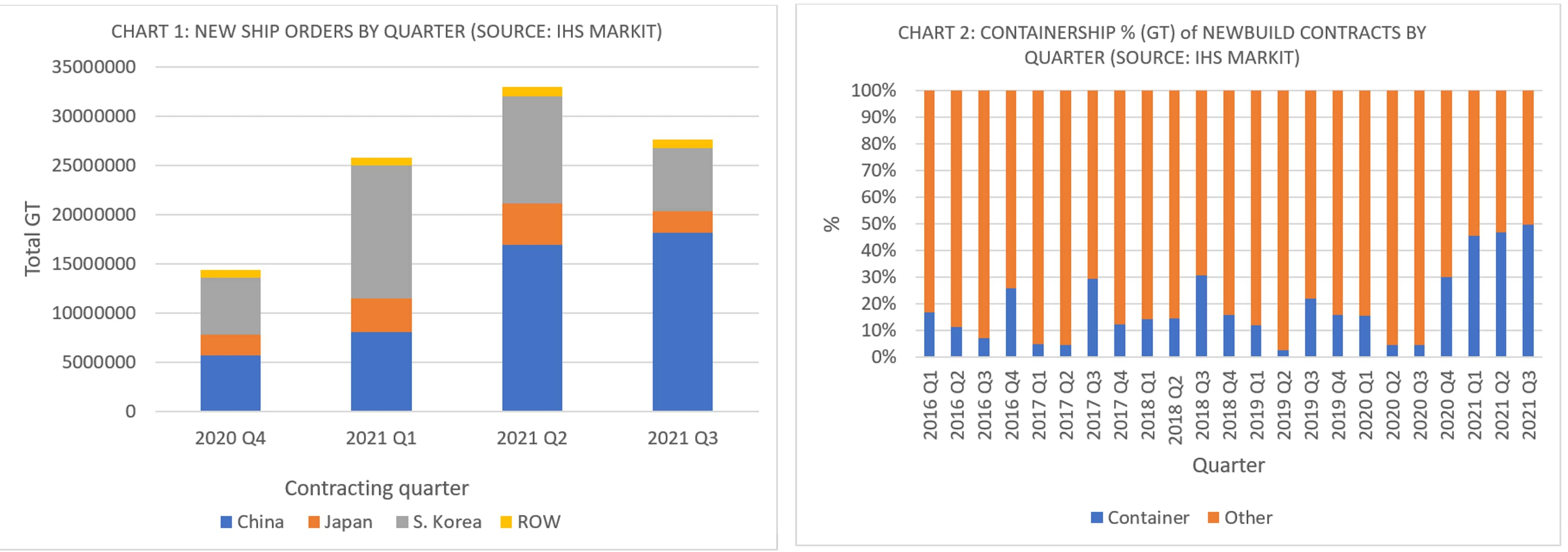manqiangrexue
Brigadier
Luckily, American strategies are never long term. They dilly-dally and then they fade, just like this port fee. China has a 3 year buffer from the order backlog to keep operating from. 3 years is an eternity in an administration that wavers their strategy every week. They've already called off the port fee and that's before China even had to retaliate with our port fees (waived to Chinese-built ships) or airport fees to Boeing. The US economy wouldn't survive a 3 year trade war at this rate; they will make themselves irrelevant.This seems like a strategy to not only shift the global shipping industry away from Chinese shipbuilders but also to degrade China's shipbuilding capacity in the long run. A 90% drop in business, if kept up for the long term, means that most of China's shipbuilding companies will have to shut down or consolidate. This in turn will massively hamper China's flexibility and capacity in this industry in times of crisis - such as war.
So the US strategy is actually a twofer: drive business away from Chinese shipbuilders whilst condemning said shipbuilders to an early grave.
By the way, the 90% reduction was specifically for bulk carriers. For general ship builds, the split was 55% of the global total to Korea and 35% to China, which is farrrr from a 90% drop.
The silver lining is that if this even goes on past the 2028 backlog, China's naval build-up can also get a boost from any unused capacity and that will give them an even bigger buffer.

